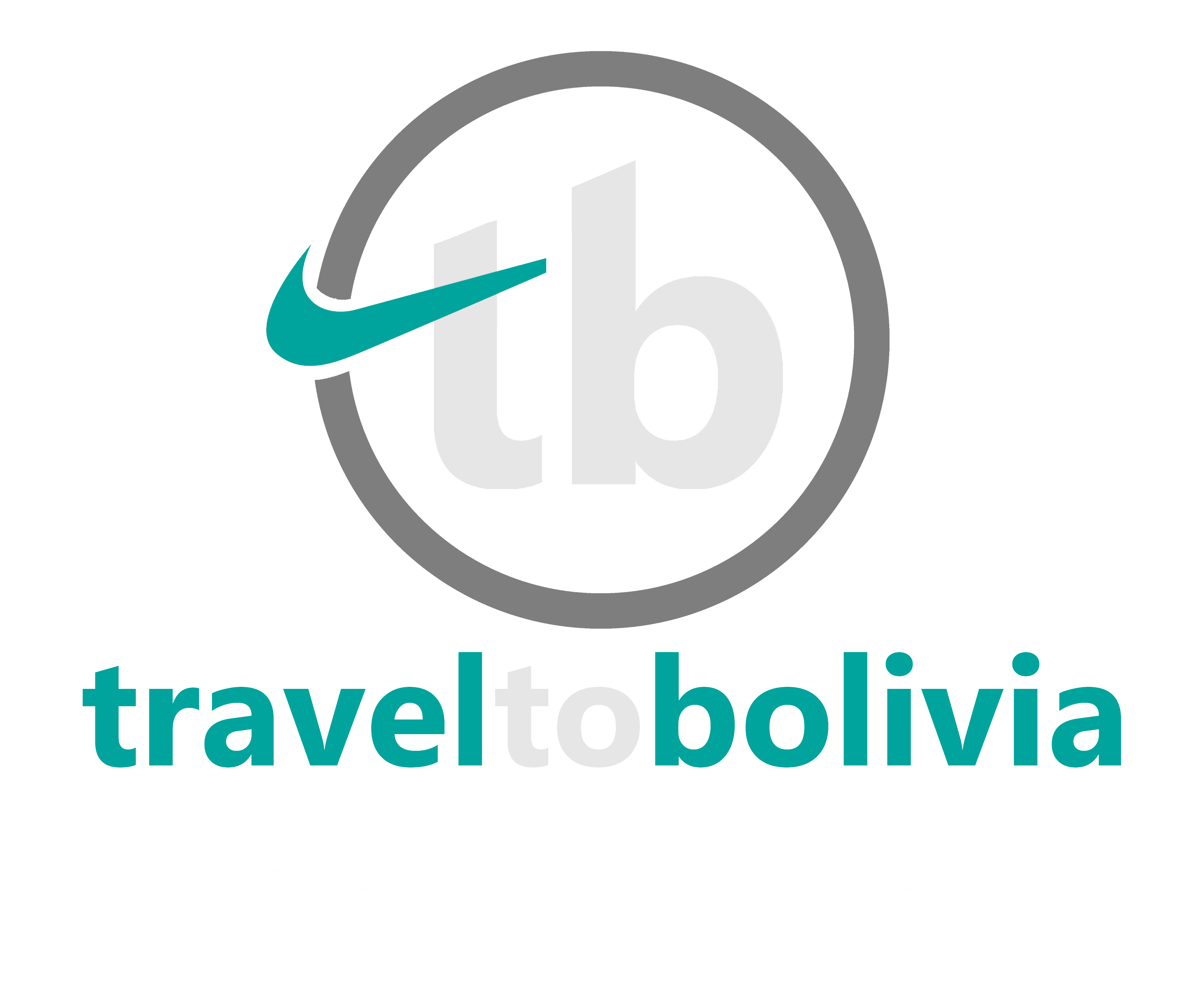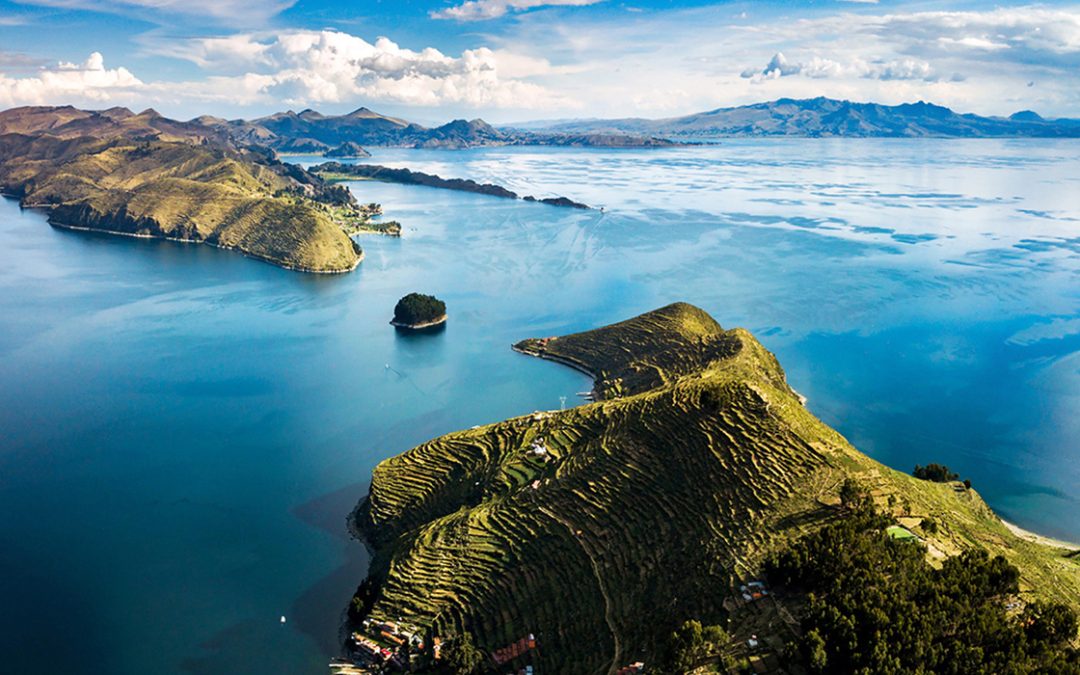If Bolivia is your next destination, here a list of essential things you have to consider.
- Bolivia and its altitude.
Bolivia is known as a country which altitude is dramatically high and their cities are surrounded by snow mountains, but you have to see beyond the Andes. Bolivia’s surface is 1.098.581 km2 and almost 60% is rainforest that belongs to Amazon basin, then 20% are mesothermic valleys and the other 20% is the highlands. Therefore, Bolivia is so diverse with different sea level that if you are afraid about altitude sickness, you can start your itinerary in Santa Cruz city (400 m.a.s.l) almost sea level and then you can gradually start going up to a higher city like Sucre, later Uyuni or La Paz (3.600 m.a.s.l).
- Check if you need a tourist visa
Citizens of the UK, most EU and EEA countries, Canada, Australia, New Zealand, Japan and most nations in South America do not require visa. But some other travelers as US citizens or China need to apply for a visa, for these last countries visa can be applied on the land border or airport on arrival if they have all the requirements. Click here to see if you need visa, all the requirements and useful visa info.
URL = https://drive.google.com/file/d/16PaWO9_x5j-eBPvklBD0OoLAa7xneZVR/view?usp=sharing
- Advisable seasons to visit Bolivia
It is generally sunny across Bolivia all over the year, but winter (from June to August) temperatures can drop sharply in the highland, so you need to pack warm clothes, but all destinations can be visited.
From January to April it is the rainy season, this period might not be advisable to do the death road or mountaineering, depends on weather conditions this kind of tours are available. Rainy season in Uyuni Salt Flats is considered the high season because the salt flats are flooded and became a huge mirror, where pictures with the reflection are just from another world


May to December is the dry season and Uyuni Salt Flats is amazing too. The sky is so clear, the withe salt desert allows to take curious pictures in perspective. Also, if you love astrophotography, this is a good season because the sky is one of the clearest and unpolluted in the world.
You might want to watch our video of Wet and Dry seasons in Uyuni Salt Flats: https://youtu.be/mX10xhinyIs?si=XdclPOt0TzmMzF5Q
- Spoken languages
Bolivia is a very authentic country, even Spanish is the official language, most of people still speak native languages. English is spoken, but only in touristy places as hotels, restaurants and some coffeeshops. However, as you are taking an organized tour, you will have an English-speaking guide who will help you giving assistance in all you might need.
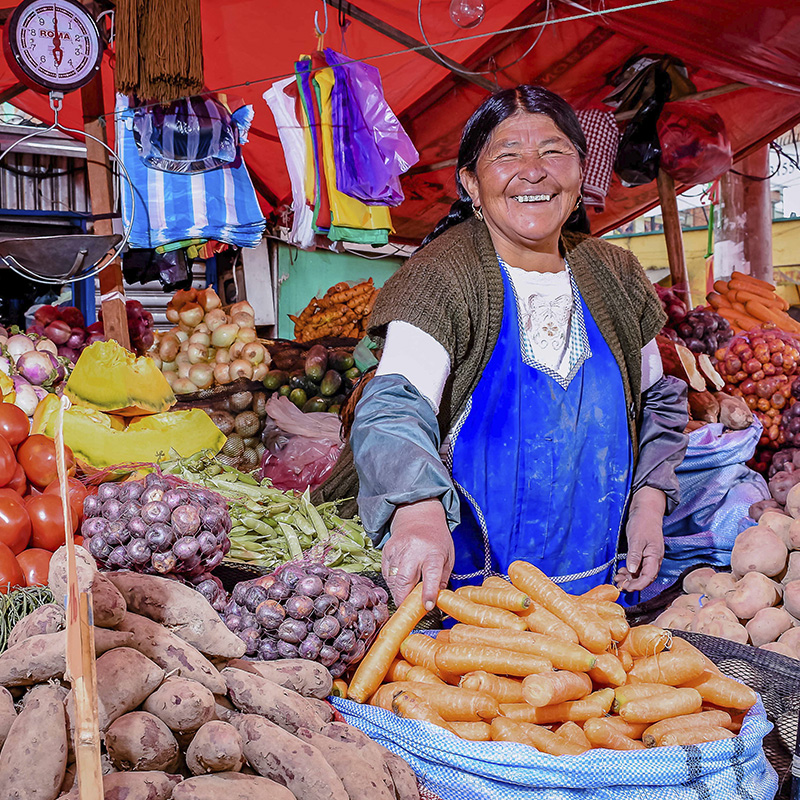
- Carry cash in Bolivia
Nowadays, ATMs and payments by credit cards are very common in main cities, but this could be difficult or just not possible in rural areas, so always carry some cash with you. 1 USD = 7.00 BS (Peso Boliviano)
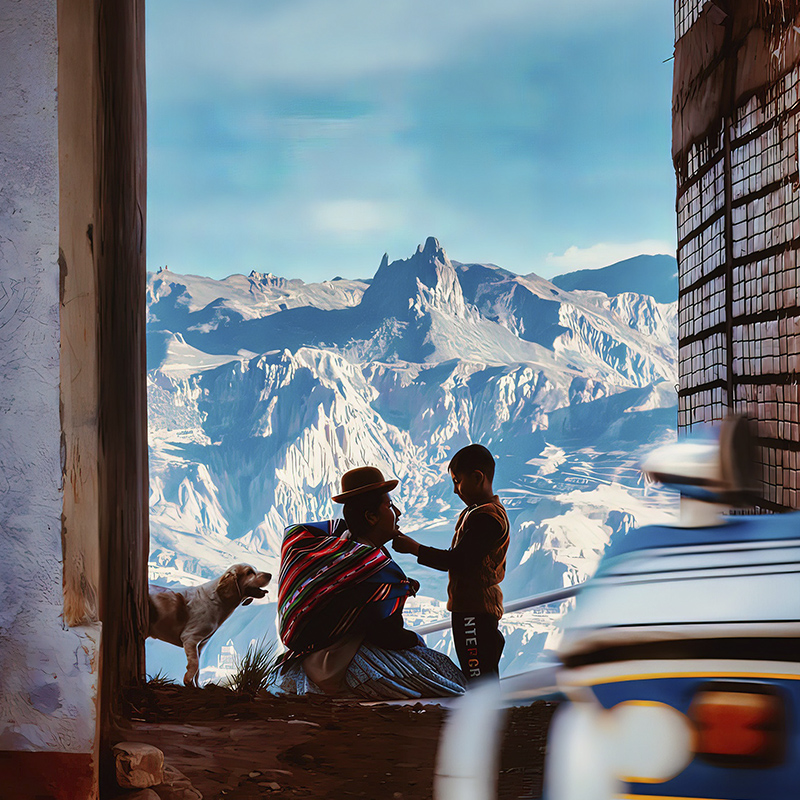
- Safety in Bolivia
As with other South American destinations, there are some safety precautions to be aware of. For example, in crowded markets, do not put your passport and other valuables in a backpack. Stay away from protests, they can sometimes get intense. Do not try to use public transportation, it is best to arrange a radio-taxi (belongs to a formal company) from the hotel reception.
- Avoid Bolivian tap water
The tap water in Bolivia is not safe to drink, but bottled water is cheap and available everywhere.

- Do not take coca products out of the country
Bolivians regularly chew coca leaves, drink coca tea and consume other coca products. But while the plant is legal in Bolivia, it is illegal almost everywhere else as the leaves are used to produce cocaine. Do not take any coca leaves or coca products home with you, customs authorities take these items very seriously.
- Yellow fever vaccination if you travel to the jungle
If you are traveling to rainforest in Bolivia, you will be asked to show your yellow fever vaccination certificate at the border. You may also need to show a certificate when traveling to National Parks like Madidi, Pampas or Carrasco.
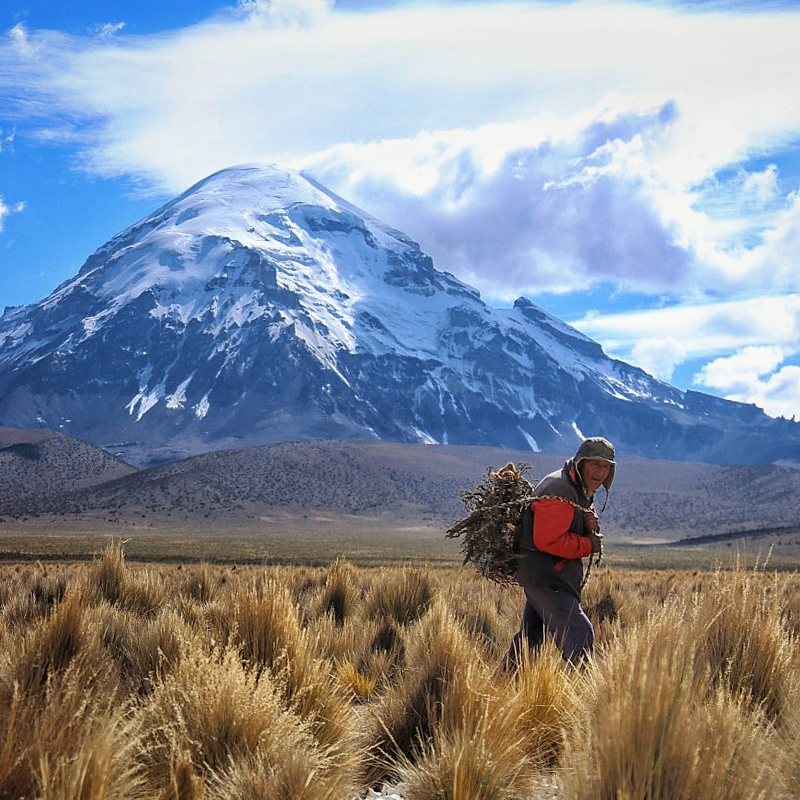
- Purchase a Travel Insurance
It is important to have an insurance plan that cover medical expenses if you are ill or injured, if you lose your luggage and possessions.
